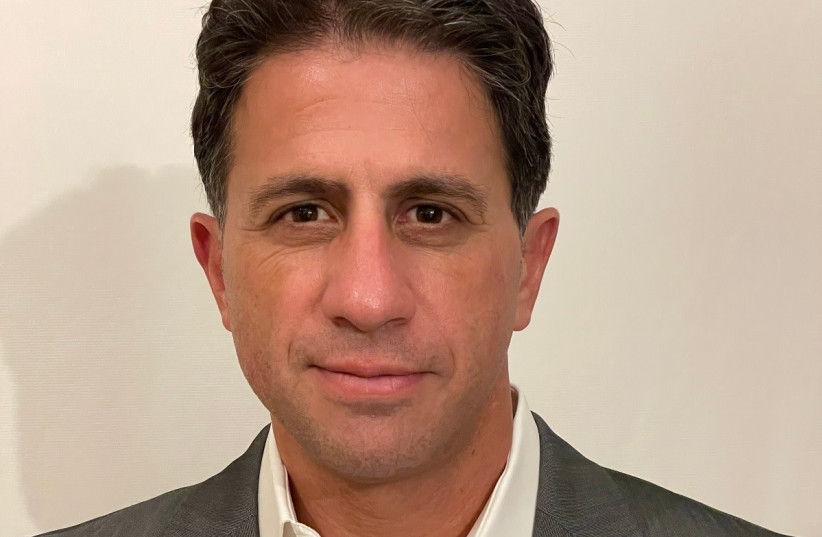Eran Agai is a board member at the Israeli Tech Challenge (ITC), a nonprofit organization that offers coding and hi-tech training to English-speaking Israelis, aiming to help Jews from around the world make their way to Israel and integrate themselves in its thriving hi-tech sector. Agai has a long history in business management and has been involved in various social initiatives, including the Jewish Agency, of which he became a committee member in 2006.
What was the guiding light behind the foundation of ITC?
“Now it sounds obvious, but in the beginning, it wasn’t so obvious. When it was formed almost 10 years ago, ITC identified the critical role that the hi-tech industry plays in strengthening the State of Israel. That wasn’t common knowledge at the time. We also understood that we were going to have a severe problem with tech industry labor down the road. We saw that at some point in time, the State of Israel was either going to start losing its advantage to other countries with bigger working pools for the hi-tech industry, or we were going to need to make a shift or change to prevent that from happening. That’s what the vision of ITC is. ITC developed an elite coding program inspired by IDF’s 8200 protocols. We are very proud that 95% of our graduates find employment within six months with companies like Google, Waze, Mobileye, Microsoft, Intel, Check Point, and other leading companies in the tech industry.”
So ITC aims to strengthen the tech sector. At the moment, Israel is lauded as the ‘Start-Up Nation,’ an identity that ITC’s vision advances. Lately, though, many are pushing for a change in nomenclature, from ‘Scale-Up Nation’ to ‘Climate Sustainability Nation.’ What is the future of Israel’s identity?
“When you speak about the various things that Israel can be, if you really want Israel to be a tech-centric country, you can’t only have start-ups and that’s it. You’ll only have smart guys building, wrapping and selling ideas enjoying that dream, but that dream [isn’t applicable] to the lower-class population, who don’t all come from [IDF Intelligence roles]. You really want to have a mature industry that employs a large number of Israelis in various roles. But in order to allow that, the top-tier needs in the hi-tech industry need to be answered, because if you don’t have top-tier developers and programmers here, there won’t be a need for all of the supporting jobs.

“In the first decade of the tech industry, the tech dream touched a relatively small number of Israelis who belonged to a very narrow demographic. It didn’t have anything to do with the larger Israeli population. For us, the next stage is really to make [the shift in national focus to technology] flow downwards, to enable people from various areas and societies in Israel to make that shift, to allow them to work in a place where they’re learning every day, and where they can advance.”
You yourself are someone involved in a lot of business and a lot of philanthropy; how do you view the intersection between business and philanthropy?
“They don’t always work together. They shouldn’t. In some cases, you can try to push for philanthropic causes through your business activities, but that’s rare. That’s not always possible to do. It all comes from a personal desire to do something beyond just working and promoting your business, and being selfish, in a way. You want to do something for others that’s not measured by the state of business. Usually philanthropy comes at the expense of work. [Often] it’s a tradeoff.”
How do you know that you’ve done a good job with a philanthropic endeavor?
“In some cases it’s even easier to measure than it is in regular business. The easiest thing about philanthropy is that your ideas, contrary to the business world, don’t have to make money. In the business world, you have targets and goals, but they always have to make money. That kind of puts you on a very narrow path of what you can do. In philanthropy, you have many ways of succeeding that aren’t necessarily measured by making money. There’s a wider range of targets that you can aim for. If a philanthropic cause has a vision, and then you work your way toward [actualizing that vision], you can see whether it happened or it didn’t.”

